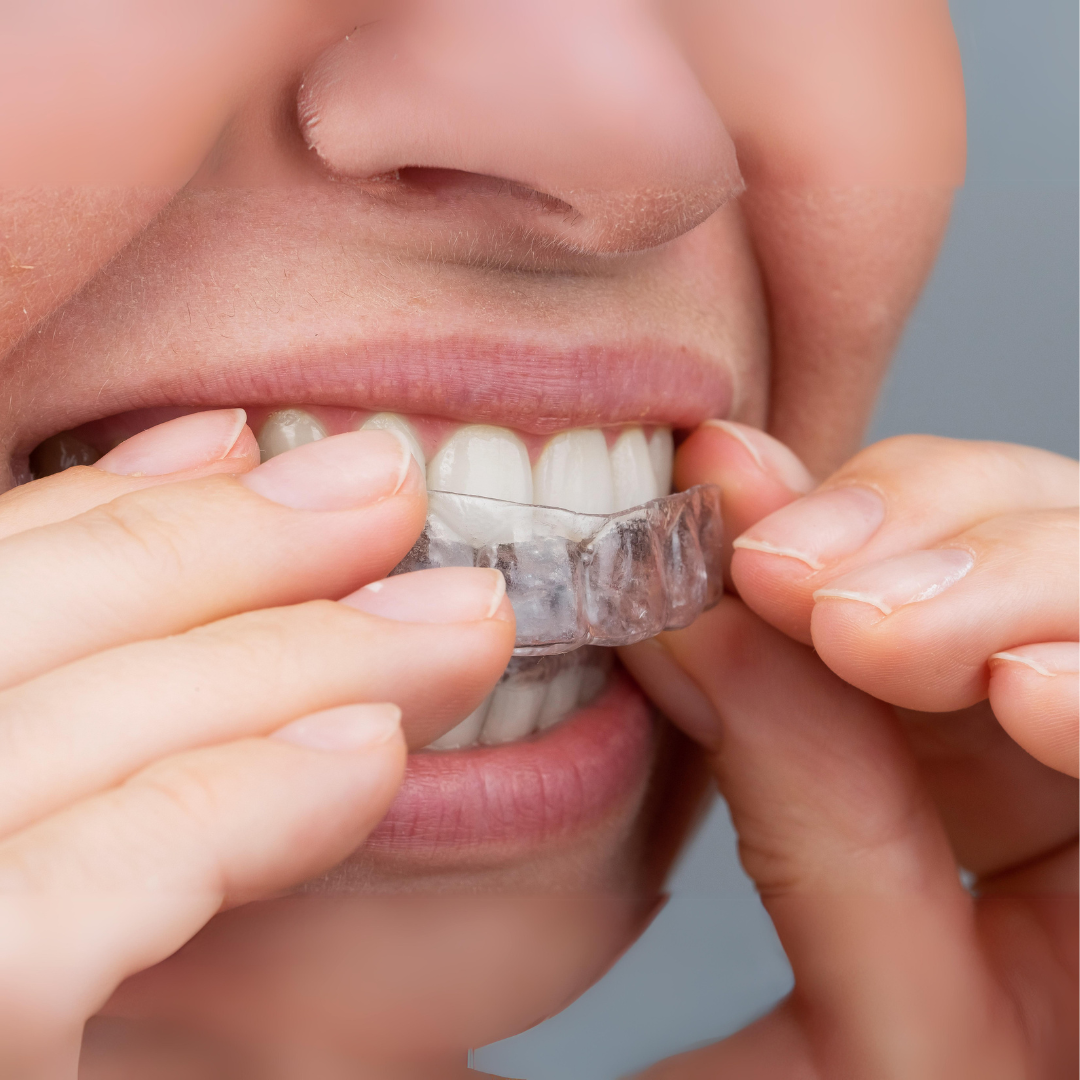Introduction
Dental implants are a revolutionary solution for replacing missing teeth, offering a natural look, feel, and function. They’ve become a go-to option for people seeking a permanent fix. However, what if your dental implant starts hurting? Is it normal, or is something wrong? Let’s dive into the potential causes and solutions for dental implant pain to keep your smile shining pain-free.
Is Pain Normal After Getting a Dental Implant?
It’s perfectly normal to experience some discomfort after getting a dental implant. Think about it—your mouth just underwent surgery, so some tenderness is to be expected. Typically, this pain should subside within a week or two as the implant site heals. If pain persists or worsens, though, it’s a red flag that something may be off.
Common Causes of Dental Implant Pain
Initial Healing Process
During the initial recovery, mild swelling, bruising, and tenderness are common. Your body is adjusting to the new implant, and tissues are healing around it.
Implant Placement Issues
If the implant wasn’t placed correctly, it could put undue pressure on surrounding structures, causing pain. Misalignment can also lead to discomfort during chewing.
Peri-implantitis
This inflammatory condition affects the gum and bone surrounding the implant. It’s often caused by poor oral hygiene or smoking, leading to redness, swelling, and pain.
Infection
Infections can occur if bacteria enter the surgical site. Signs include persistent swelling, redness, and even a fever.
Nerve or Tissue Damage
Improper surgical techniques can sometimes result in nerve or tissue injuries. Symptoms include numbness, tingling, or a sharp, shooting pain.
Bone Graft Complications
If a bone graft was part of your implant procedure, complications like insufficient bone integration could cause pain.
Bruxism (Teeth Grinding)
Grinding your teeth exerts excess force on your implant, potentially leading to pain or damage.
Allergic Reactions
Though rare, some people may be allergic to the materials used in their implants, like titanium.
Implant Rejection
Sometimes, the body rejects the implant, treating it as a foreign object. This can lead to discomfort and implant failure.
Other Rare Causes
Issues like sinus perforation during upper jaw implants or autoimmune responses can also contribute to pain.
Diagnosing the Cause of Pain
If your implant hurts, the first step is consulting your dentist. They’ll examine the area and may order X-rays or CT scans to determine the issue. A thorough diagnosis is essential for effective treatment.
Effective Solutions to Dental Implant Pain
Medication and Pain Relief
Over-the-counter pain relievers like ibuprofen can help reduce discomfort. For severe pain, your dentist might prescribe stronger medications.
Treating Infections
Antibiotics can clear up infections, and in some cases, your dentist may need to clean the area surgically.
Managing Peri-implantitis
Treatments include deep cleaning, antibacterial solutions, and sometimes minor surgery to stop bone loss.
Corrective Surgery
If the implant is misaligned or damaged, corrective surgery may be necessary. This could involve adjusting or replacing the implant.
Addressing Bruxism
Using a custom night guard can protect your implant from the grinding forces of bruxism. Stress management techniques can also help.
How to Prevent Dental Implant Pain
Prevention is key. Follow your dentist’s post-surgery instructions to the letter, maintain good oral hygiene, and schedule regular check-ups. Small steps like these can save you a world of discomfort later on.
Conclusion
While dental implants are a fantastic solution for missing teeth, persistent pain shouldn’t be ignored. From peri-implantitis to grinding, many issues can cause discomfort—but with prompt diagnosis and treatment, most can be resolved. Always consult your dentist if something doesn’t feel right.
FAQs
- How long should pain last after a dental implant?
Mild pain is normal for up to two weeks. Anything beyond that warrants a dental consultation. - Can dental implants fail due to improper care?
Yes, poor hygiene or neglecting follow-ups can lead to implant failure. - Is it possible to replace a failed dental implant?
Absolutely. A new implant can often be placed after addressing the underlying issue. - Are there any alternatives to dental implants?
Yes, options like bridges and dentures are available if implants aren’t suitable. - How can I tell if my implant is infected?
Look for signs like swelling, redness, pus, or persistent pain, and contact your dentist immediately.



